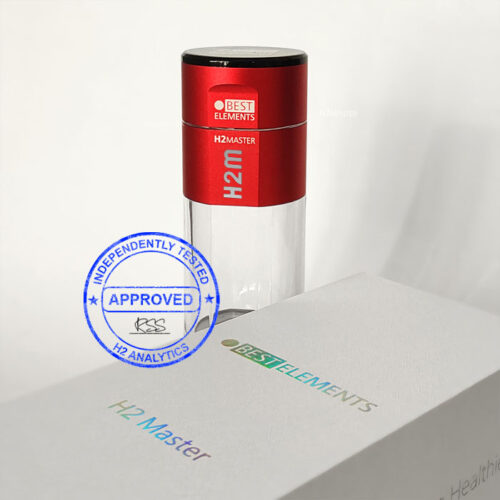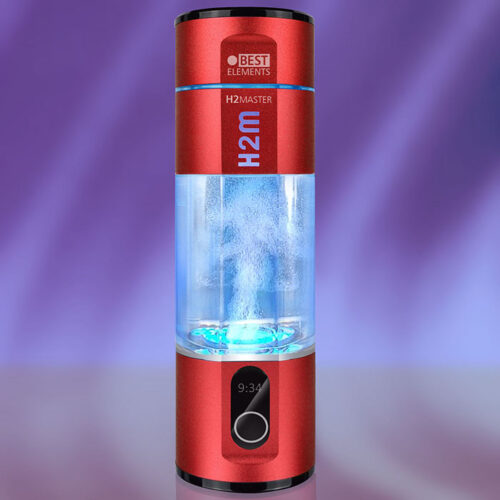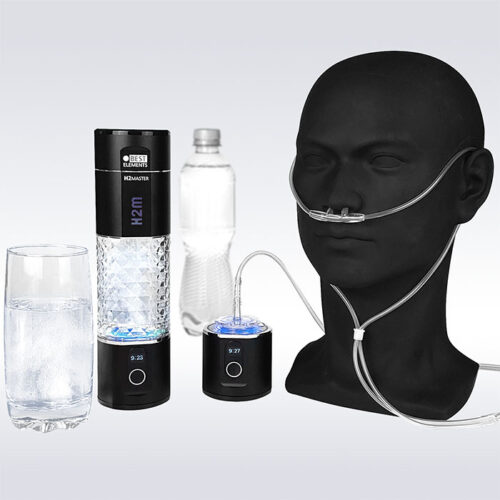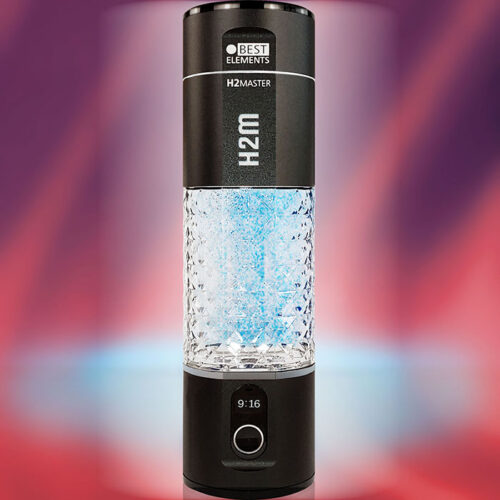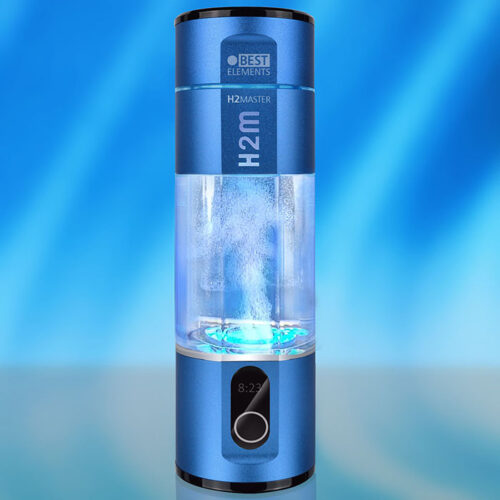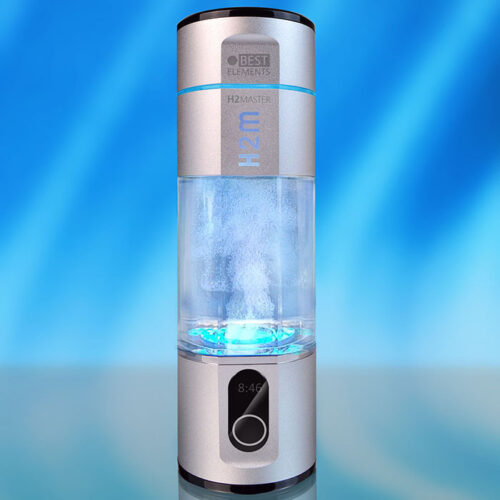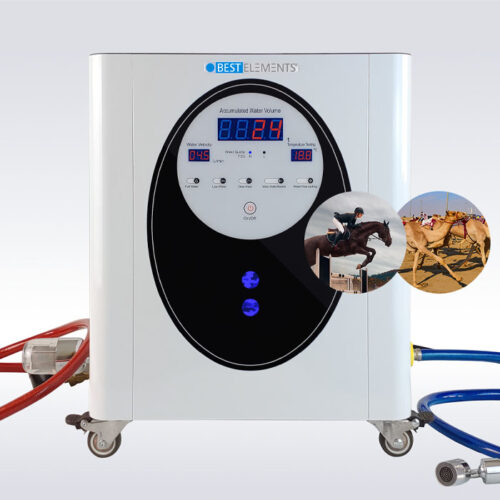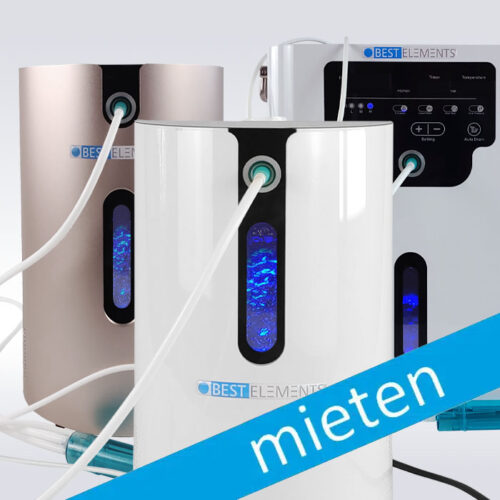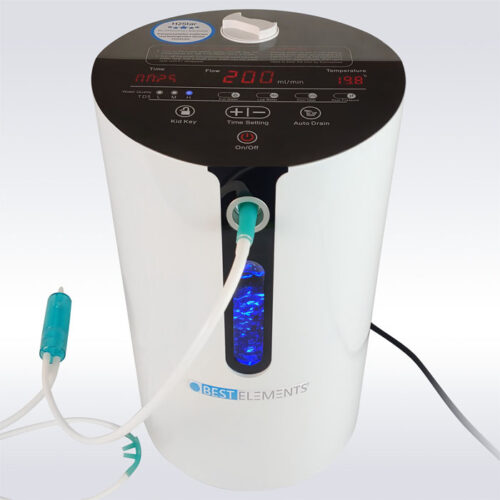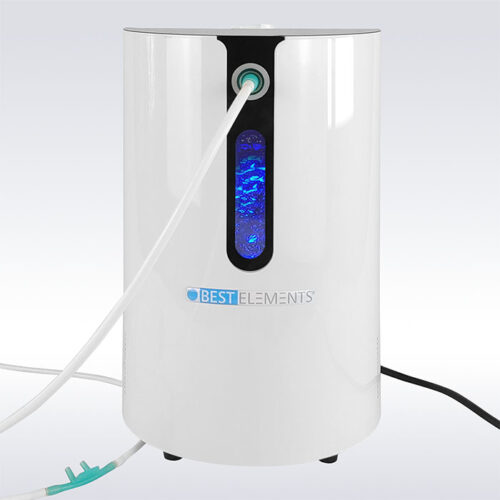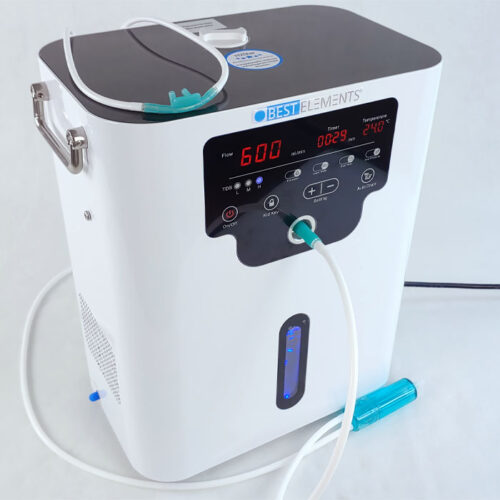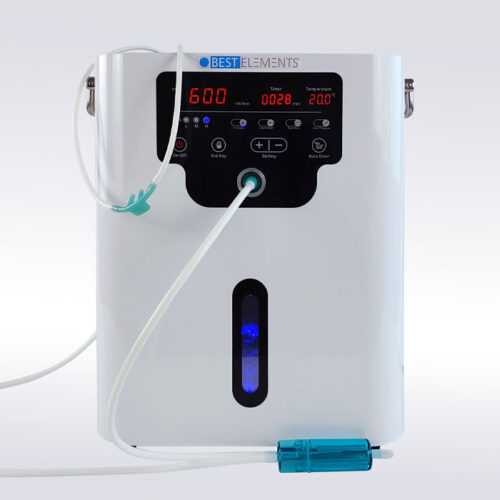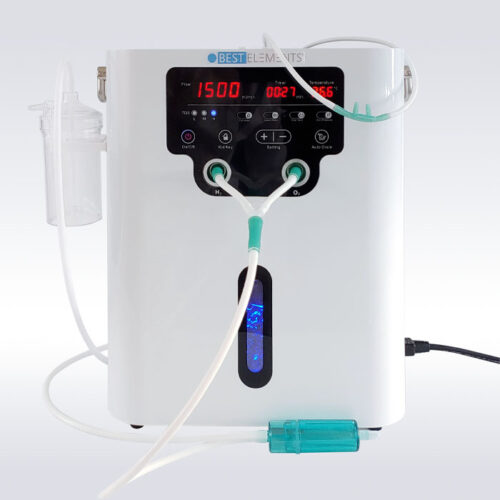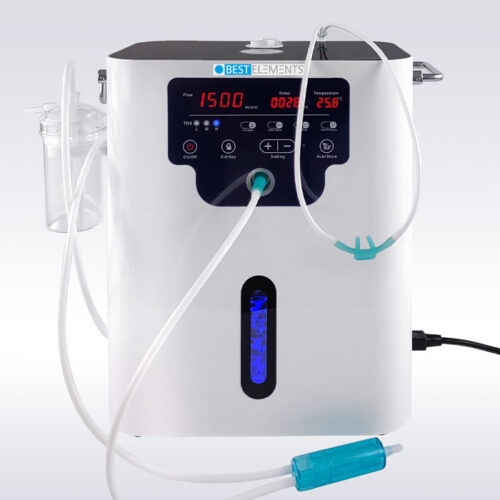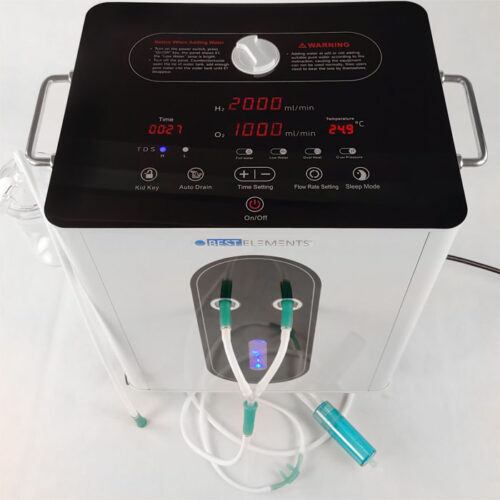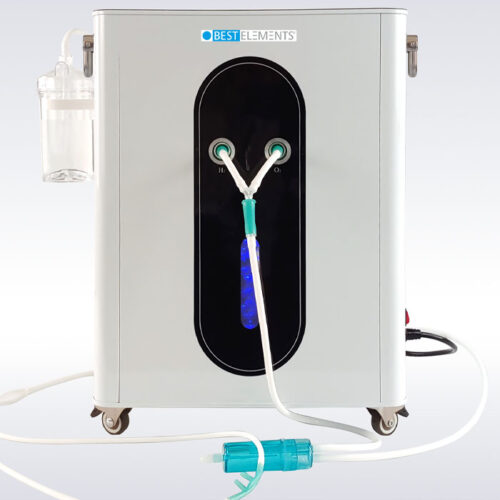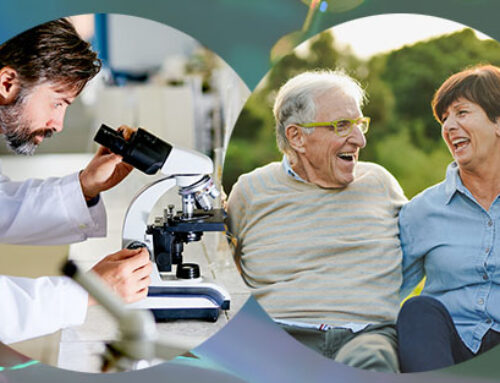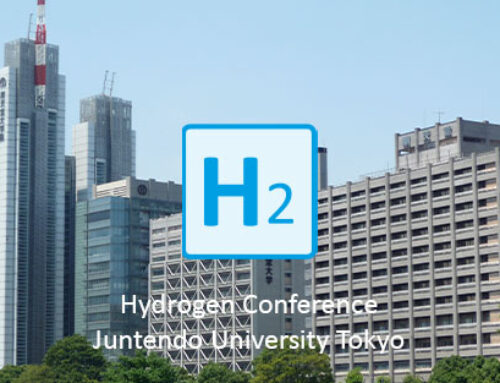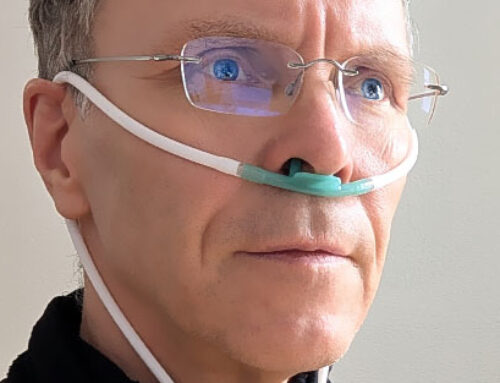Molecular Hydrogen and Health
Research into the effects of hydrogen includes studies conducted on around 170 diseases. Despite predominantly serious illnesses, consistently positive results were achieved. In all clinical and animal studies, there were no negative side effects of hydrogen. In addition to its antioxidant potential, hydrogen is also able to reduce inflammatory mediators in inflammation. (1)
The 2013 study by Oshawa (2), in which the antioxidant effect of hydrogen in relation to free radicals was demonstrated, was progressive. It was shown that the antioxidant molecular hydrogen also has analgesic, antiallergic, anticarcinoma, antiinflammatory and cell protective effects. It is noteworthy that the antioxidant effect of hydrogen only eliminates the free radicals that have a negative effect on the cell organism, without affecting the positive and protective oxidative processes in the body. Hydrogen therefore has a very special property: it only neutralizes the dangerous free radicals, i.e. it acts as a selective antioxidant. Hydrogen does not interact with the body’s vital oxidation processes and does not affect any vital substances. (3)
Hydrogen therapy mega studies combine over 550 individual studies
In the study by Ichihara et al. In 2015, the results of 321 studies were summarized. Many diseases treated with hydrogen were described in this study. Another review study was published in 2016 by Nicolson et al. published, in which a total of 338 studies on the positive effects of hydrogen applications were evaluated. (4)
Both mega-review studies have shown that hydrogen is not only beneficial in the treatment of acute and chronic diseases, but can also improve physical performance, slow down the aging process and promote good health. (5)
Hydrogen is life
Pharmaceutical drugs are helpful and effective at best, but sometimes drugs have limited effects. However, side effects are described in the package leaflet, which in many cases require additional medication. The effectiveness of certain vitamin supplements has often been questioned. But: vitamins are hydrogen compounds! First breast milk, such as colostrum, contains high levels of hydrogen peroxide. Carbohydrates that we ingest through our food are hydrogen compounds. (6)
Molecular hydrogen is able to cross cell membranes and even reach the mitochondria and nucleus. The molecule also crosses the blood-brain barrier and the blood-testis barrier. Due to its small size, hydrogen has the ability to penetrate every cell, including the nucleus and mitochondria. (7)
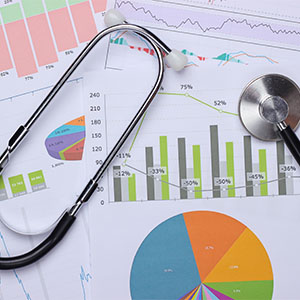
Since hydrogen has good tissue distribution properties, it only takes a short time to diffuse through the body. Hydrogen-dissolved water disperses throughout the body within 10 minutes of drinking. When inhaled, the process lasts up to an hour after inhalation. (8th)
After binding H2 with free radicals, oxygen oxidation residues, no harmful compounds remain in the body. H2 combines to form H2O – water – and is excreted. Areas of interference are eliminated and the energy metabolism restored. Life energy can flow again and activate self-healing powers. (9)
Hydrogen in therapy
Disease entity: With these diseases (selection), hydrogen was used for therapies and/or studies carried out (10)
The life-extending and performance-enhancing effects of hydrogen

Source (11) “Background, Observations and Medical Data” Mohaupt E., Madl P.
Possibilities of absorbing hydrogen for therapy or prophylaxis
“Hydrogen can be inhaled as a gas or drunk as hydrogen-enriched water. Neither inhaled nor orally overdosed, since excess of this gas is simply exhaled. If you drink more hydrogen-rich water, excess hydrogen is also exhaled.”
Powerful hydrogen generators for everyday use overview
Mobile hydrogen boosters with high performance values for better personal performance
The following powerful hydrogen boosters, hydrogen filters for hydrogen-rich drinking water and hydrogen inhalers for inhaling hydrogen are very suitable for everyday use, they are certified and reliably supply our body cells with this valuable elixir of life.
Sources 1-13:
Publications Dr. Elke Mohaupt, Madl P.
Kato et al., 2012
Ishibashi et al., 2012
Aoki et al., 2012
Qian et al., 2013
Tsubone et al., 2013
Yoritaka et al., 2013
Chen et al., 2013
Gartz, 2014
Ichihara et al., 2015
Chen et al., 2015
Nicolson et al., 2016
Gong et al., 2016
Hu et al. 2017
Ono et al., 2017
Tamura et al., 2017
Settineri et al. 2018
Shang et al., 2018
Shang L., Lebaron TW et.al., Transl Cancer Res 2018
Chen et al., 2019
Wiseman, 2019
NHC, 2020
LeBaron, 2020
MERCOLA, 2020
DocMedicus, 2020
Disclaimer: These studies and citations suggest very positive aspects of hydrogen therapy, but should not be taken as conclusive evidence. They serve as information and do not replace medical diagnostics, advice or conventional medical therapy. No promises of healing can be given, each user must take responsibility for themselves. The science of hydrogen therapy is evolving and more research is needed.






